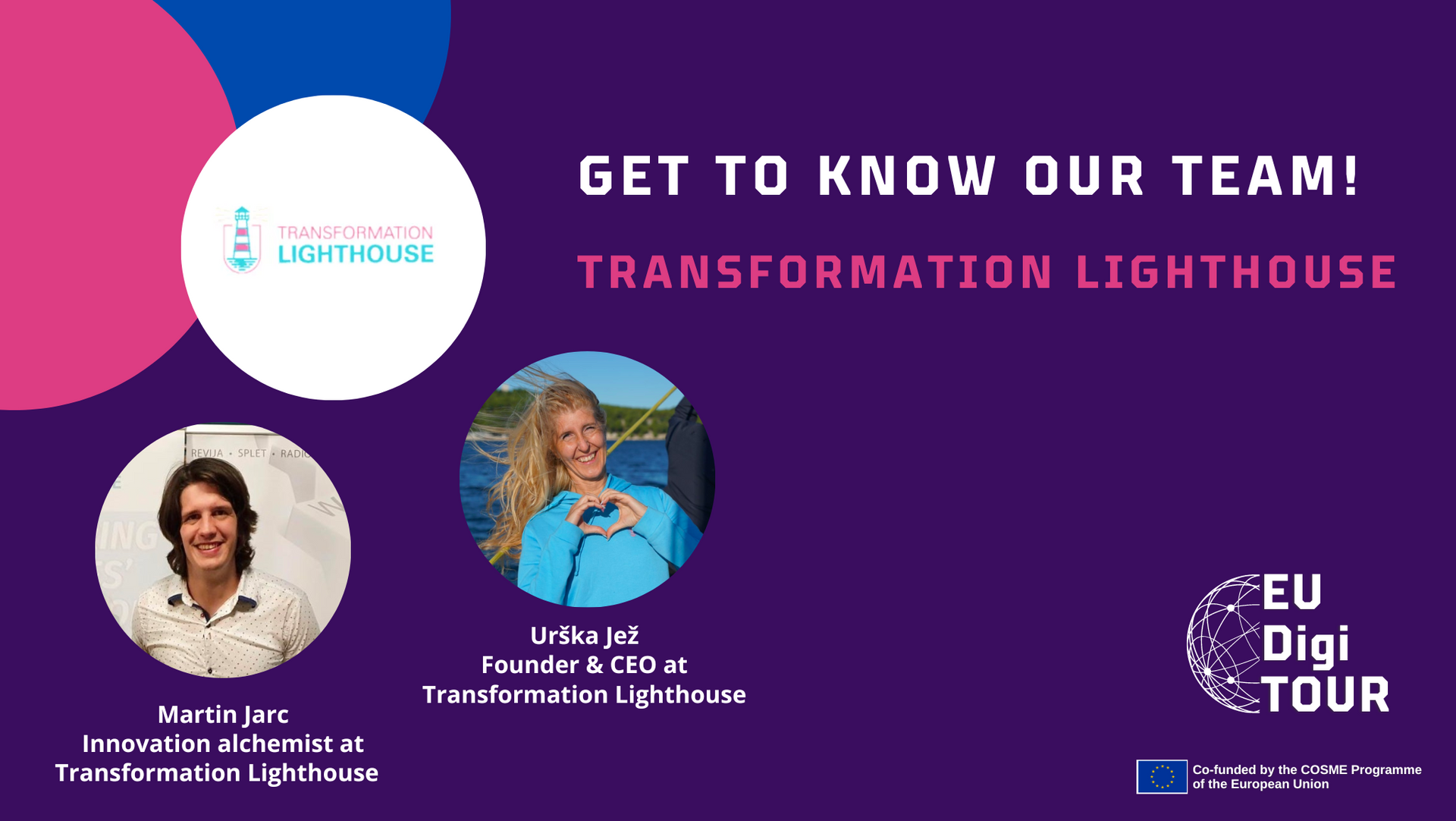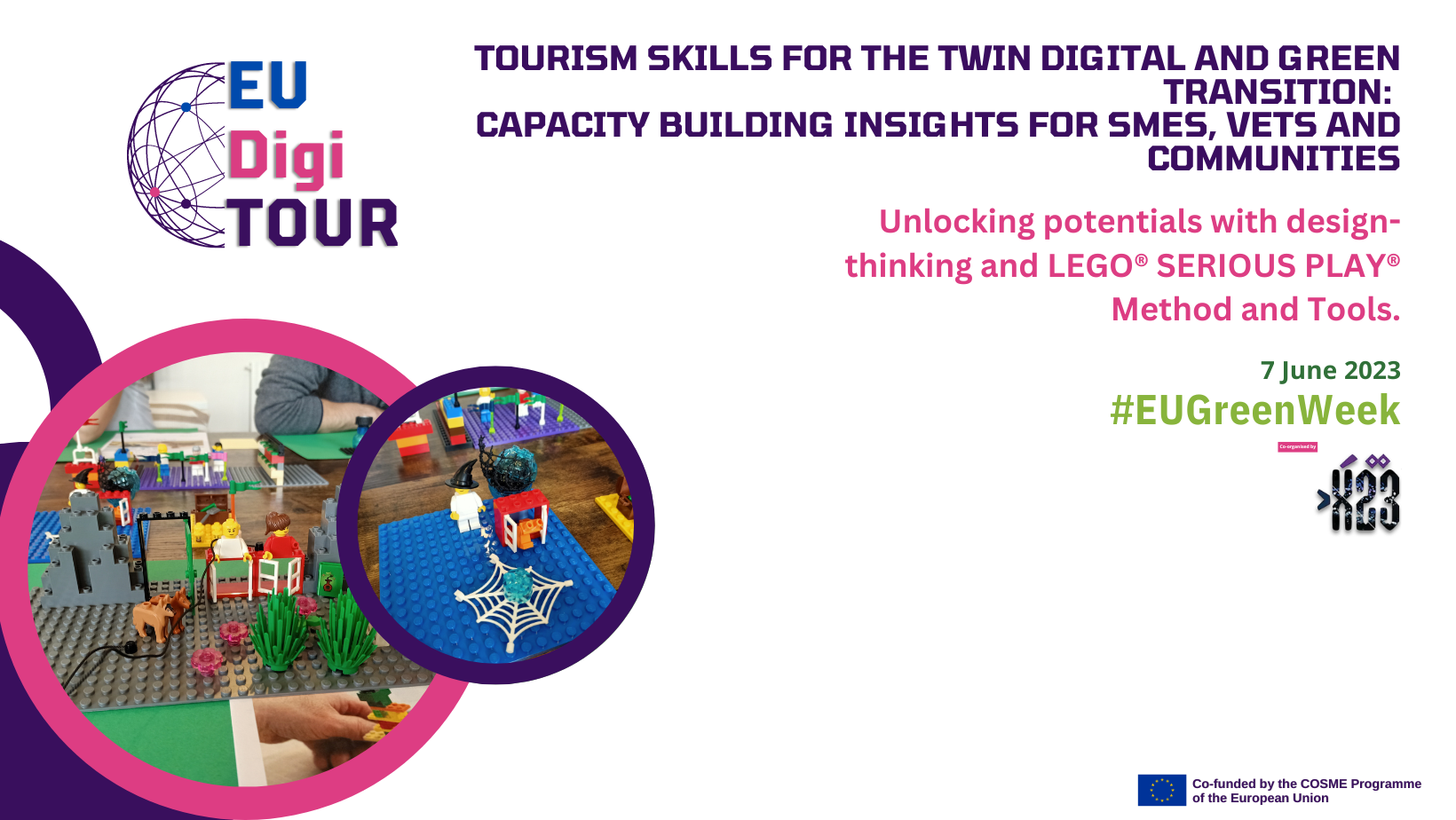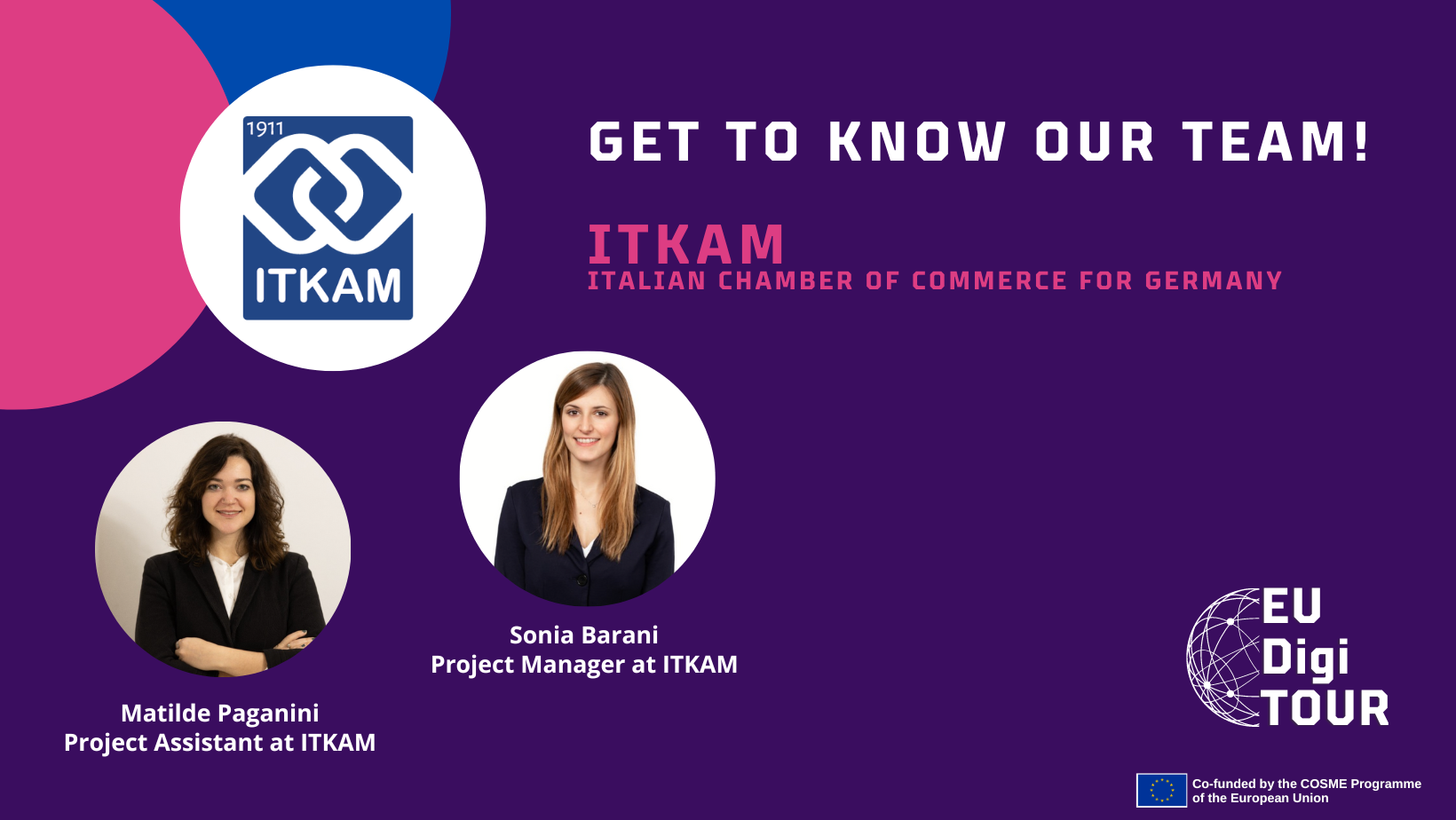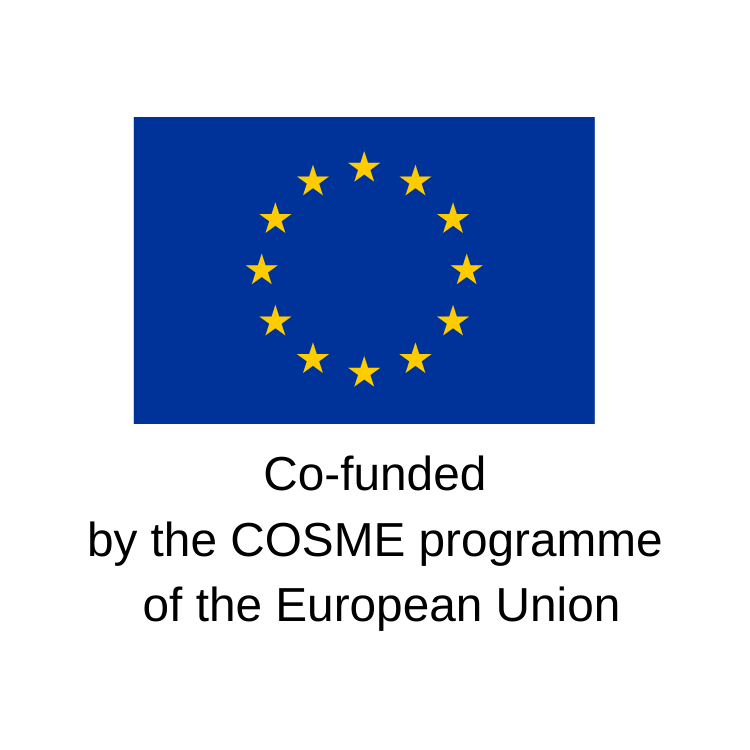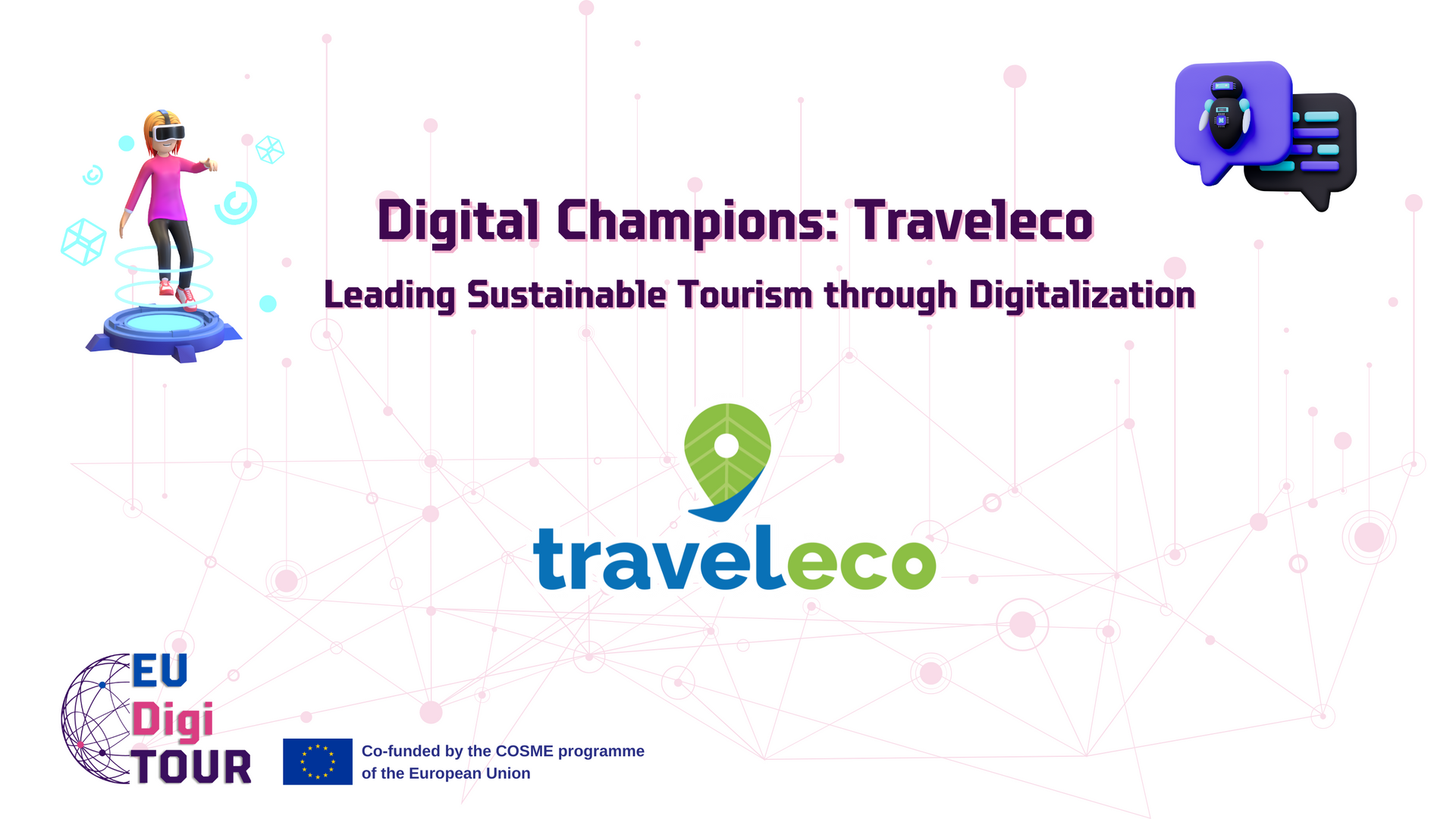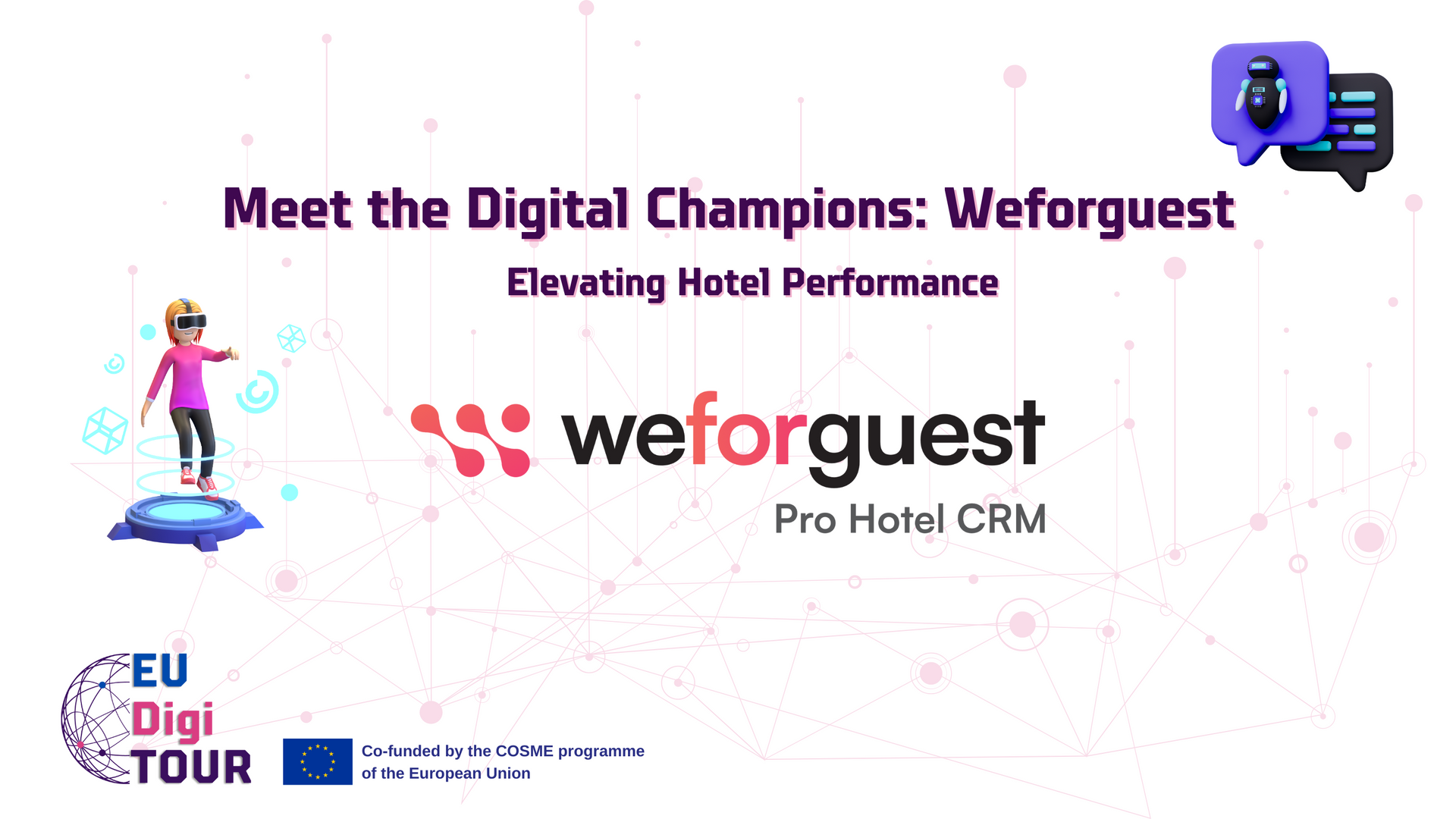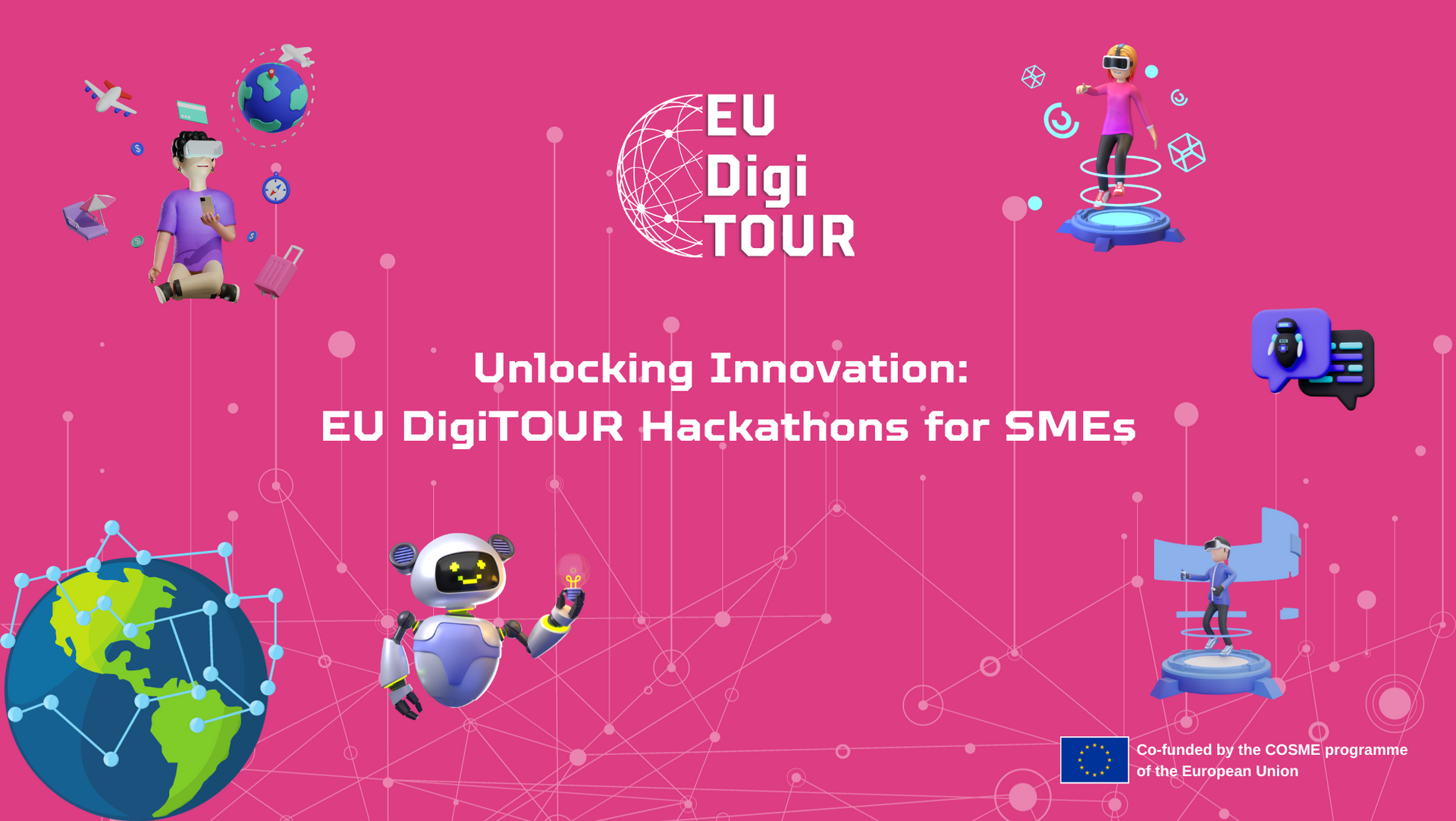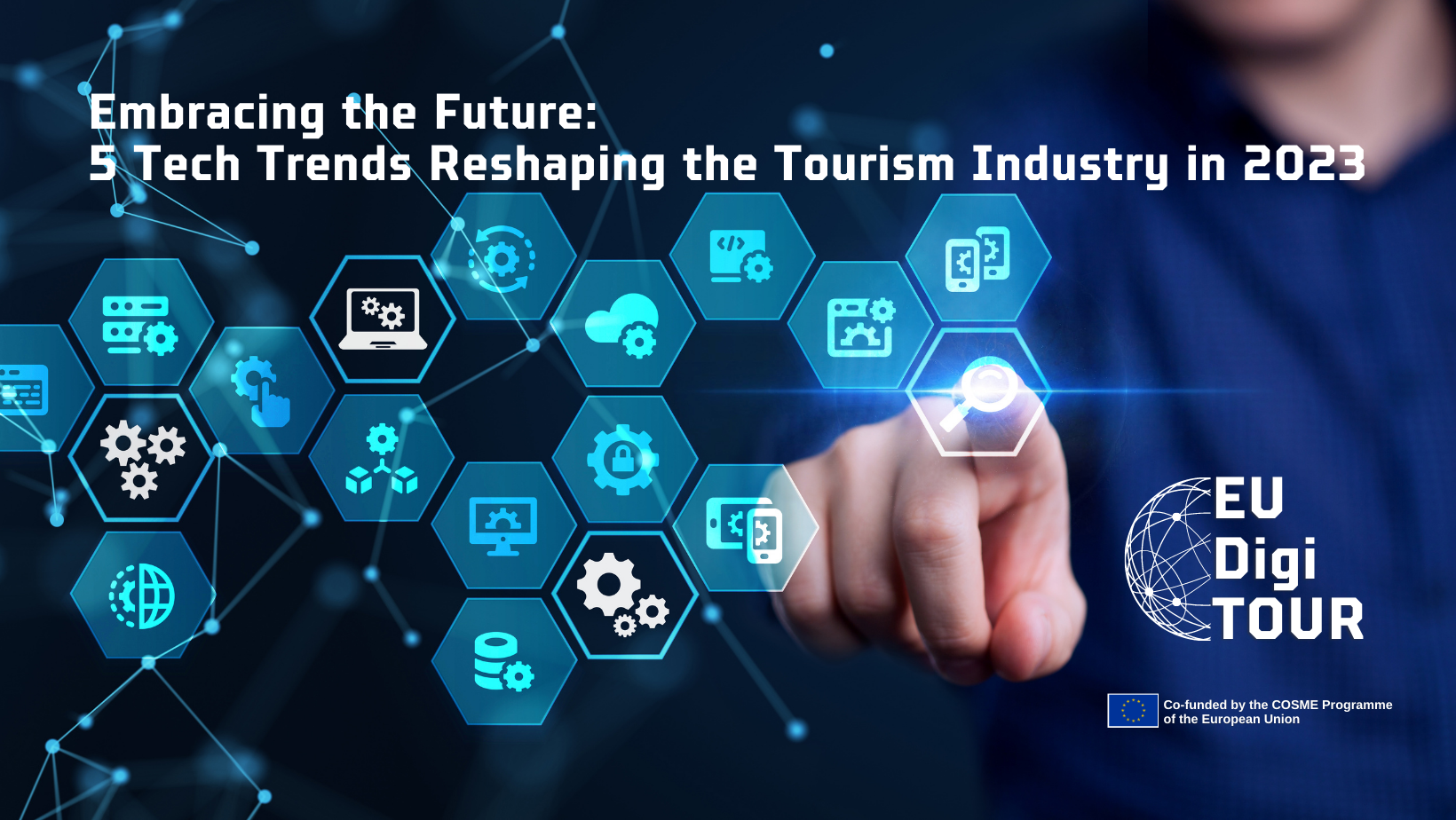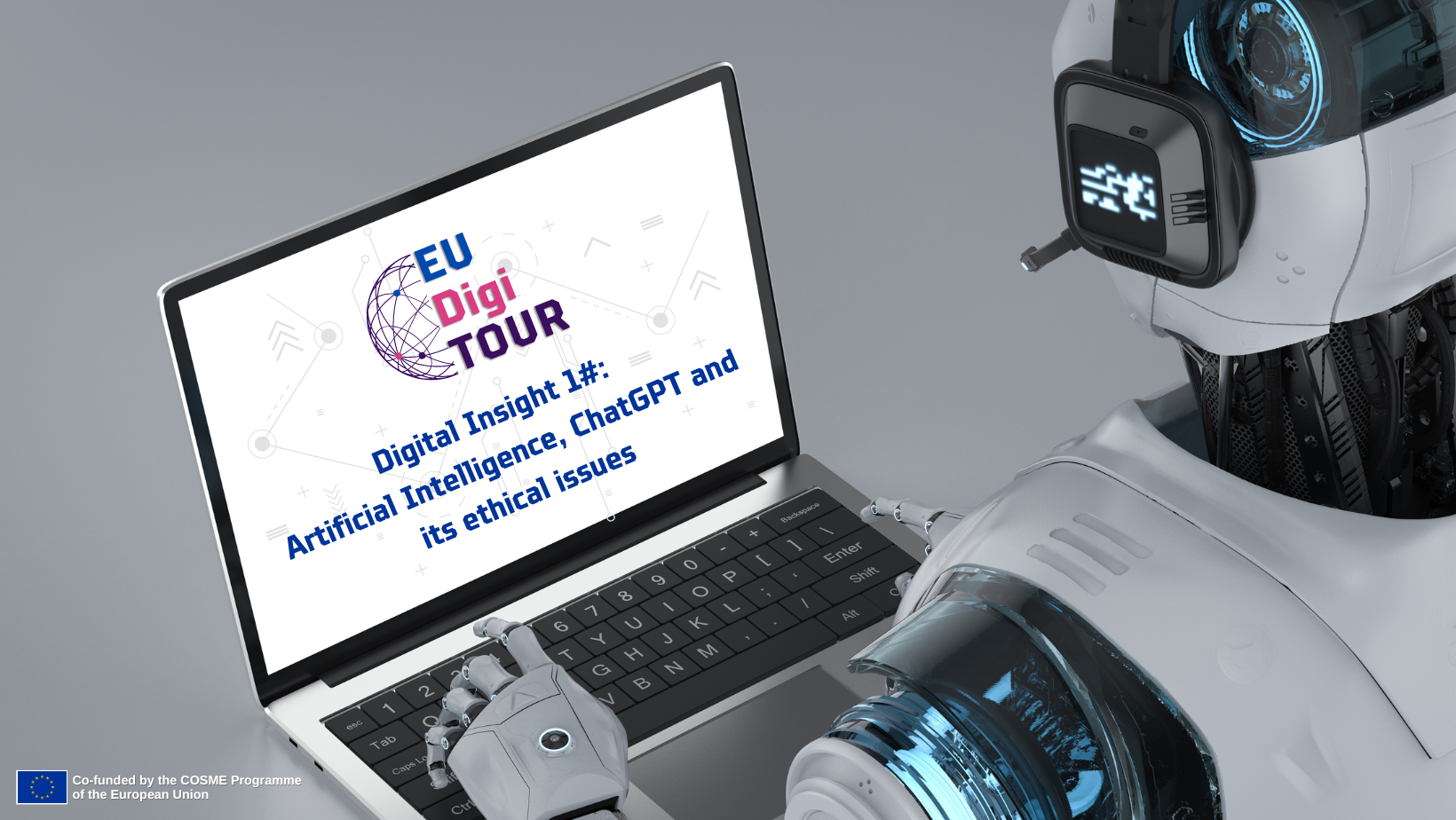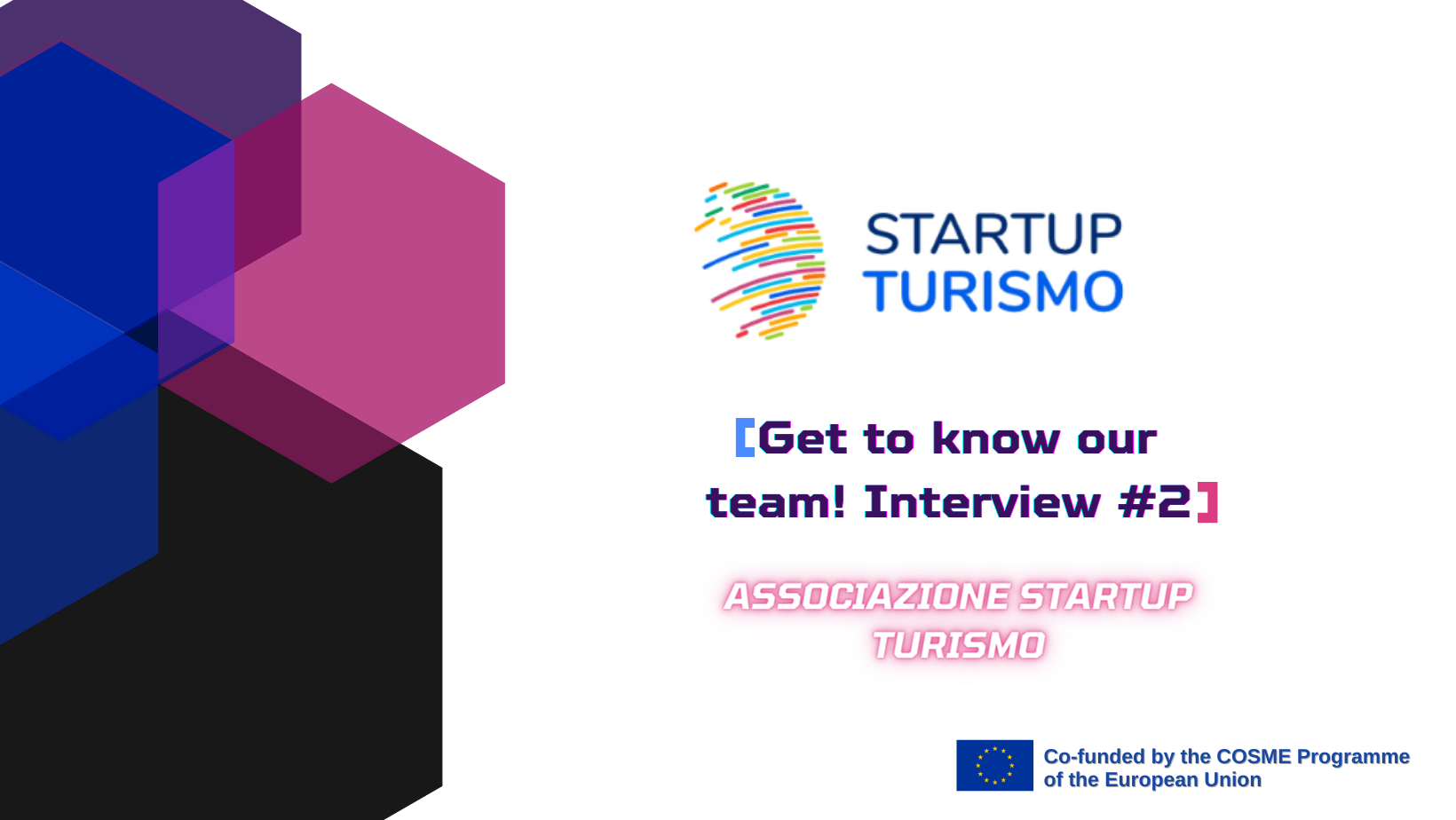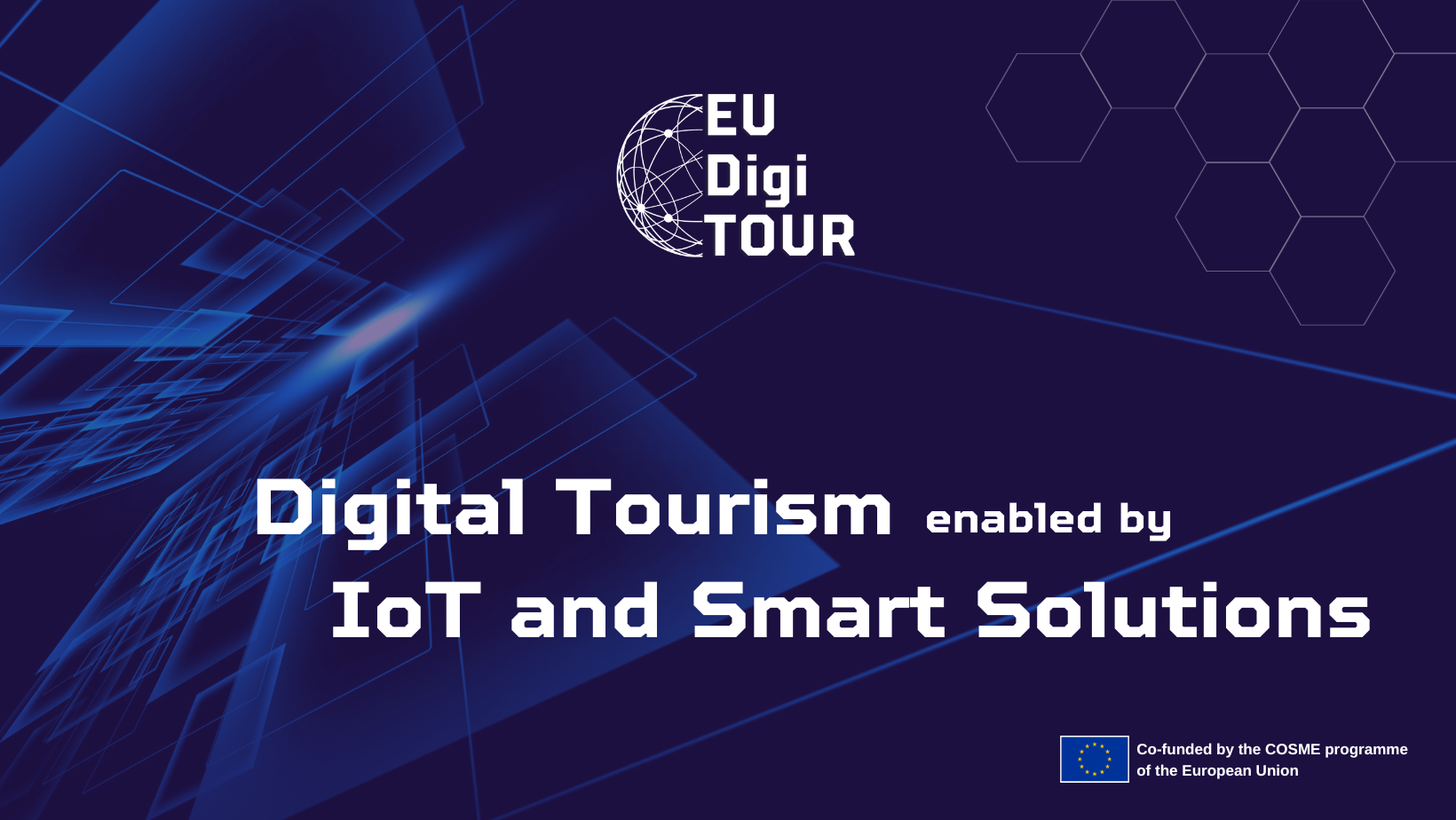
In the ever-evolving landscape of the tourism sector, technological advancements have ushered in a digital transformation. This transformation involves the conversion of traditional materials and processes into a digital format, redefining how we experience travel and explore new destinations. Among the technological marvels driving this change are Artificial Intelligence and Virtual Reality. However, at the heart of this transformation lies the Internet of Things (IoT), which holds immense potential to shape the future of tourism.
The Internet of Things: Bridging the Gap Between the Digital and Physical Worlds
The Internet of Things, often referred to as IoT, is the digital representation of real-world objects and environments on the internet. Real-world data is made available through sensors in real-time, while digital actuators can influence and control actions in the physical world through digital means. This technological marvel is shaping the future of the tourism industry in remarkable ways.
Smart Objects and Devices: Bridging the Digital Divide
IoT encompasses an array of smart objects and devices that are revolutionizing the way we experience tourism. Some noteworthy technologies include:
RFID Tags: Commonly used in transport, logistics, manufacturing, and access control, these tags offer real-time tracking capabilities.
NFC (Near Field Communication): Similar to RFID, NFC technology is widely used in various applications.
Optical Tags: Leveraging visual technology for data transfer and interaction.
Bluetooth Applications (BEACON): These transmitters emit radio signals at random intervals and are designed for data transmission.
IoT's Role in Tourism: Revolutionizing the Industry
IoT is not just a buzzword; it's a game-changer in the tourism sector, generating revenues that contribute to 10% of the world's GDP. The digitalization of tourism is a pivotal force in revitalizing the industry, enhancing tourist experiences, and managing destinations more efficiently. It serves as a conduit for real-time data analysis, driving a profound understanding of tourist behaviors.
Here are some key areas where IoT applications in tourism are making a difference:
Personalized Control: IoT allows for higher degrees of personalization in hotels and flights, from room temperature to entertainment preferences.
Seamless Travel: Streamlining the customer experience across all aspects of travel, making it as hassle-free as possible.
Intelligent Energy Saving: Using smart devices to optimize energy consumption.
Location Information: Providing real-time location data for tourists.
Customer Experience and Personalized Travel: Tailoring travel experiences to individual preferences.
Real-World Example: NADIA
NADIA, a real-world use case, exemplifies the power of IoT in the tourism sector. NADIA empowers hotel customers with an app or browser to control their room environment, including temperature and entertainment options. Hotel management gains control to efficiently manage facilities remotely. Additionally, NADIA's analytical capabilities provide insights into guest behavior and preferences, aiding hotel managers in offering personalized experiences.
Enhancing Tourist Attractions with IoT
Beyond hotel rooms and flights, IoT is enhancing tourist attractions and experiences. Visitors seek to consume products that are emotional and immersive, such as the "Be Memories" project in Spain, which creates smart points of interaction.
Other intriguing projects include:
Finding Free Parking Online in Dubrovnik: Reducing traffic congestion and enhancing the visitor experience.
Treasure Hunt in Bordeaux: A game offering fun and unusual routes to explore the natural and cultural heritage of different places.
Bordeaux Wine Tasting Pass: A pass to enjoy tastings from various appellations in Bordeaux.
Relocation Advisor: A service that helps citizens plan and execute relocations by providing data on amenities and quality of life factors.
Safe City Trip: A service that assists citizens in planning city trips based on specific needs, like traffic congestion and environmental factors.
Culture Key: A service providing an overview of the public cultural scene.
The integration of IoT in the tourism sector is a game-changer that promises enhanced tourist experiences, improved destination management, and a channel for efficient information exchange. As we embrace this digital transformation, we can look forward to more personalized and efficient travel experiences that will elevate the competitiveness of tourism destinations and enhance the quality of life for residents and visitors alike.
